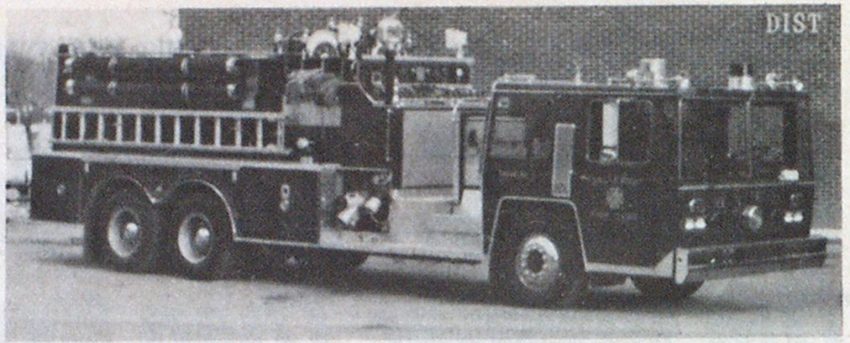DISASTER PLANNING FOR LOCAL GOVERNMENT, Roger E. Herman; Universe Books, 381 Park Ave., S., NY, NY, 10016; 138 pages, $15. A basic, how-to manual specifically designed for local government administrators and other officials, describes how to prepare emergency operation plans and to train existing personnel to cope with disaster if it should strike.











